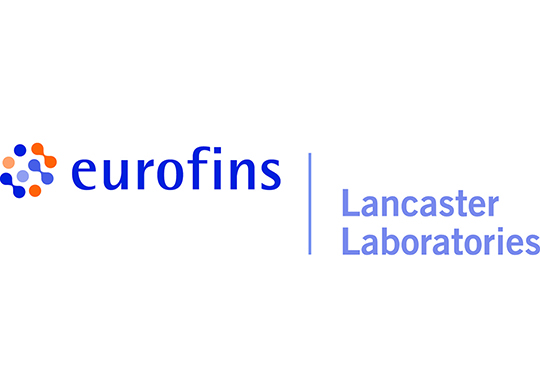 With the introduction of a new chemistry laboratory sciences major, Elizabethtown College recognizes that not all chemistry students aim for graduate school, research or publication. Some wish to apply their knowledge directly to the work world, in hands-on positions, immediately after graduating.
With the introduction of a new chemistry laboratory sciences major, Elizabethtown College recognizes that not all chemistry students aim for graduate school, research or publication. Some wish to apply their knowledge directly to the work world, in hands-on positions, immediately after graduating.
Kate Glass ’16 is among them. The biochemistry alum landed a job with Eurofins Lancaster Labs after completing a summer internship there between her junior and senior years. Employed in the Extractables and Leachables Department, Glass said she would have been a perfect candidate for the new major because of its intentional focus on students who want to go directly into industry.
Chemists, said Jeff Rood, associate professor of chemistry, tend to fall into two distinct categories, those who focus on post-graduate work in research, management or teaching and those who want to apply their knowledge as bench chemists or in quality control, food science or chemical analysis.
Though the basics are the same, the chemistry laboratory sciences major emphasizes real-world, hands-on preparation. The new major is even more appealing with the major’s requirement of a one-semester internship for juniors and seniors and with a partnership that Elizabethtown College maintains with Eurofins Lancaster Labs.
Thanks to total lab time spent, students have incredible outcomes.”
Gary Hoffman, professor of chemistry and department chair pointed out that the chemistry laboratory sciences major “it’s not a less rigorous major but a different major, for a different kind of student.”
Those accepted into the program will be encouraged to minor in other subjects such as business, biology or engineering to round out their skill set and make them more marketable, he said.
There is a definite growth in the need for chemists in pharmaceuticals, food testing, quality control and analytical chemistry. “Every single chemical industry must have a quality control analytical chemist,” said Hoffman.
As far as he is aware, E-town is the only program that requires integrated lab, advanced instrumentation and an internship. In addition to Eurofins they intern at Merck, Johnson & Johnson and Glaxosmithkline. “Juniors are entering internships with senior-level knowledge,” Hoffman said, noting that the accelerated nature of E-town’s program requirements is unique among the colleges in the area.
A number of those students who have interned with Eurofins has been given the opportunity to continue with the company after graduation, said Hoffman. “There is the hope that Eurofins would be interested in hiring the students in our new major on graduation and the internship could help with that.”
One reason E-town students get noticed is due to their ‘soft skills,’ which are sought after in the workplace. “They know how to communicate and work as a member of a team.” They also are hired because of their knowledge of high performance instrumentation.
“Thanks to total lab time spent, students have incredible outcomes,” Hoffman said.
“Before I even interned at Eurofins, I already knew how a gas chromatographer or a mass spectrometer worked, because I had analytical chemistry my sophomore year and took an advanced instrumentation class,” said Glass.
“I also was given the tools needed to be able to independently prep and do basic laboratory techniques in the lab,” she said. “Even if it is just knowing how to properly pipette a solution and documenting everything you do in a notebook. Knowing the fundamentals of laboratory work and techniques is critical in a GMP (good manufacturing practices)-accredited laboratory due to its strict protocols, regime and the fast paced environment.”
Glass, who now conducts inorganic analyses and training to conduct non-volatile analyses, said the new chemistry laboratory sciences major is valuable in teaching students the foundation of how the industry works and how to document correctly and accurately. She also likes that the new major gives students an opportunity to take statistics and some business classes, so they can understand how an industrial laboratory operates.
“They will also learn laboratory techniques, which will be critical in a GMP (Good Manufacturing Practice) laboratory as well as learning how to document everything they do in the lab in a notebook,” she said.
“In an industrial laboratory our notebooks and reports we provide to clients is essentially our product we are selling. Knowing how to document correctly and accurately in a notebook is one of the most important skills you can have as a scientist.”
E-town expects that students coming into the major will be ready for the work world in 2022, where, said Rood, there is a good chance “they can begin Day One as a full-time employee.”

